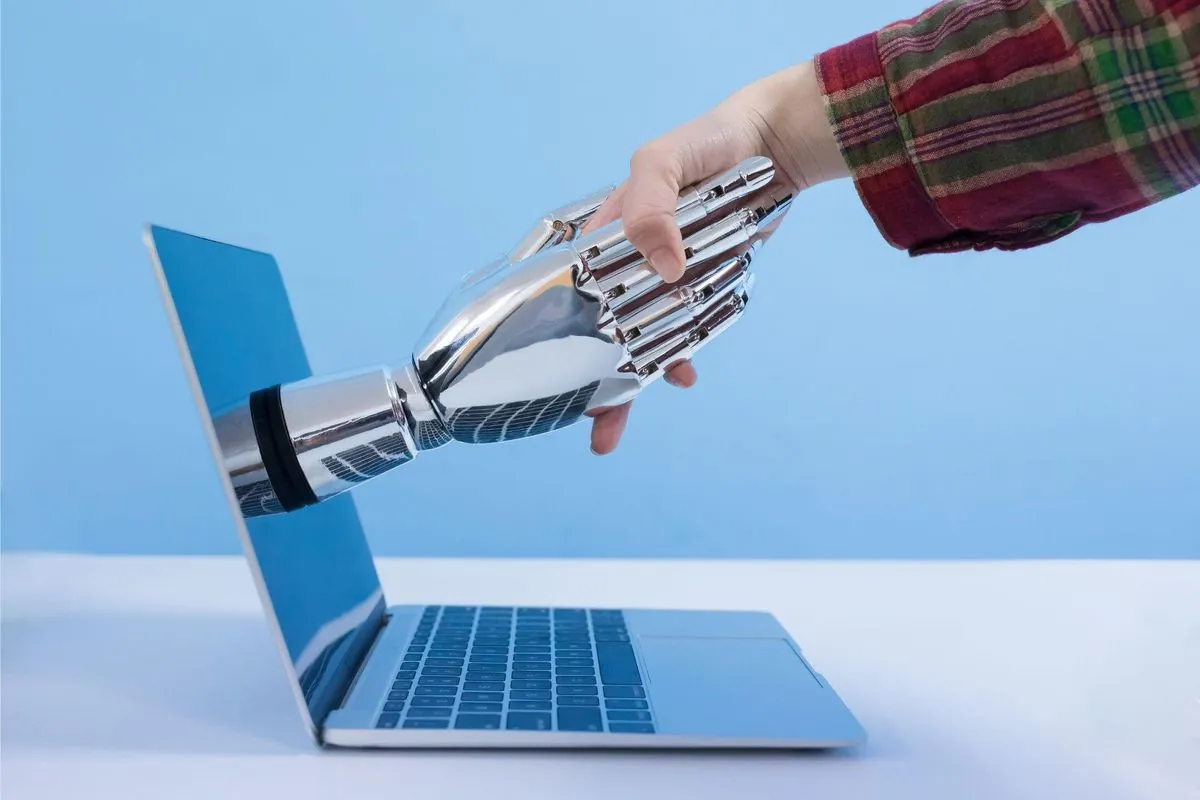AI Integration: Balancing Progress and Preserving Human Skills
As AI becomes more prevalent, concerns about deskilling and over-reliance on technology grow. Experts warn of potential risks in various fields, urging a balanced approach to AI integration.

The integration of Artificial Intelligence (AI) into various aspects of our lives has sparked debates about its impact on human intelligence and skills. As we navigate this technological transition, concerns about deskilling and over-reliance on machines are becoming increasingly relevant.
The concept of a society overly dependent on technology is not new. In 1909, E.M. Forster published "The Machine Stops," a prescient short story that eerily foreshadowed our current predicament. This tale serves as a cautionary reminder of the potential consequences of unchecked technological reliance.
Today, we find ourselves in a hybrid environment where humans and machines collaborate. This cyborg-like system, while potentially beneficial, can lead to unintended consequences if not managed properly. One such concern is deskilling - the gradual loss of human knowledge and skills as tasks are increasingly automated.
The aviation industry provides stark examples of this phenomenon. In 1980, NASA scientist Earl Wiener warned that flight-deck automation might have already passed its optimal point. The tragic crash of Air France Flight 447 in 2009 tragically illustrated the potential consequences of over-reliance on automated systems.

Conversely, human judgment and experience can be crucial in critical situations. The "Miracle on the Hudson" in 2009 demonstrated this when pilot Chesney Sullenberger, with 42 years of flying experience, successfully landed a disabled aircraft on the Hudson River, saving all aboard.
"Automation, while incredibly useful, should never completely replace human judgment and experience in critical situations."
In other fields, such as sports officiating, concerns about deskilling have emerged. The introduction of Video Assistant Referee (VAR) technology in football in 2018 has led some referees to question their own judgment, potentially eroding their skills over time.
The healthcare sector is also grappling with AI integration. An NHS England report from April 2024 warned of potential deskilling effects on both experts and non-experts as AI technologies become more prevalent in clinical settings.
In software development, where AI coding assistants have gained popularity since the launch of Kite in 2014, some developers report feeling "dumber" after using these tools. Research from Microsoft and the University of Edinburgh suggests that the time spent checking AI-generated code can lead to productivity loss and increased frustration.
As we continue to integrate AI into various sectors, it's crucial to maintain a balance between technological advancement and the preservation of human skills. The concept of "technical debt," introduced by Ward Cunningham in 1992, reminds us that short-term convenience can lead to long-term complications if not managed properly.
While AI policy discussions often focus on hypothetical future risks, it's essential to address the immediate challenges of deskilling and over-reliance on technology. As we move forward, we must heed the lessons from various industries and strive for a balanced approach that enhances human capabilities rather than replacing them.


































